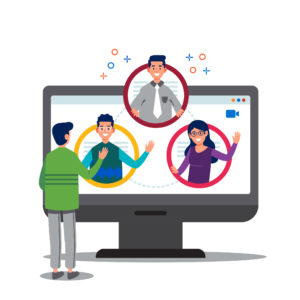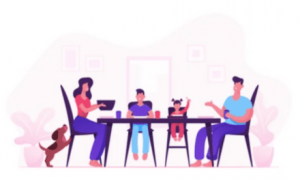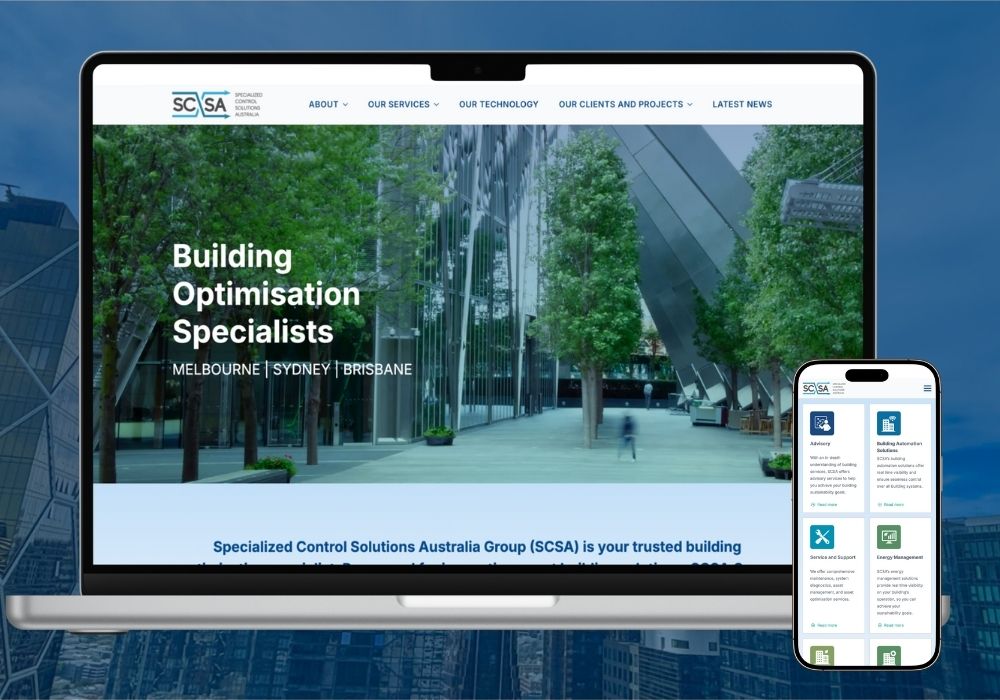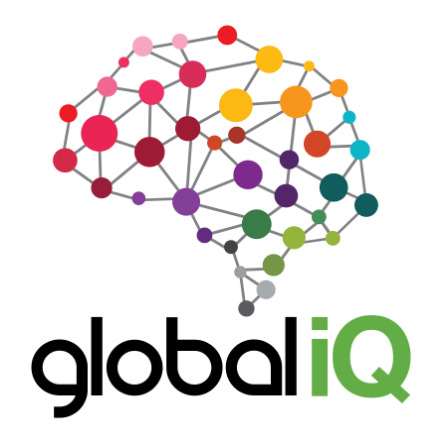When we started Global IQ Group, we had a vision of creating a virtual workplace where we could do amazing work wherever we are in the world. With clients across Australia and the Asia Pacific, I work from home in Sydney, my business partner in Brisbane and our graphics team is in Indonesia.
Now that working from home is the norm and no longer the exception, we’ve seen a major shift in the way people work. On the plus side, less travel and more family time. On the downside, the pressures of homeschooling, being ‘on’ 24/7 and Zoom fatigue is adding even more stress to our day to day lives.
Over the past 5 years, our team has learnt the hard way on how to bring out the best WFH life. Here are 5 things WFH taught us.
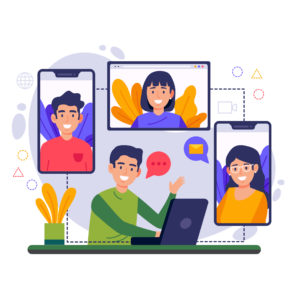 1. Invest in Communication Tools
1. Invest in Communication Tools
We communicate as a team and with clients on a daily basis. We use a video conferencing tool for communications. We use Zoom or Teams, and it makes a big difference in how we can communicate.
Most people don’t appreciate that non-verbal communication (body language, eye contact, tone of voice etc) makes up to 90% of the message. Being able to ‘read’ the other person is essential in meaningful communication that often gets lost in an email or phone call.
2. Invest in Collaboration Tools
When we first started, we used email and WhatsApp to communicate about our projects. With multiple projects and multiple contributors, it was really difficult to keep track of current projects, search previous work or even know which version was the latest file in our network.
The game-changer for us was Slack. Being able to create conversations for each project means that we can now easily keep track of progress and if one of us is away, we can be virtual back-ups for each other. It’s a great project management tool and ideal for projects (such as design or engineering) that require multiple inputs or where there may be long wait times within a project while the client reviews and provides feedback.
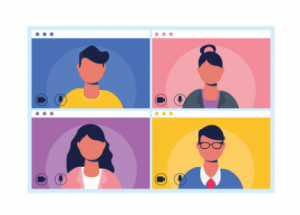 3. Beware of Zoom Fatigue
3. Beware of Zoom Fatigue
There is a dark side to all of this new found productivity. The real WFH danger is the expectation of being ‘on’ all the time. This comes at a high risk of employees burning out.
Back to back virtual meetings can be a huge mental and emotional strain. And after a long day of work with homeschooling thrown in, some of us can feel even less connected.
4. Schedule in ‘me’ time
This is something I learnt the hard way and is a constant challenge for me every day. My business advisor (thanks Jo!) suggested I needed to set some boundaries. I rearranged my diary and created set days and times for my advisory clients in one or two hour blocks. And I made sure I also scheduled in my breaks. Even a short 15-minute break gives your brain much needed downtime and a boost of energy before the next meeting.
And don’t forget to schedule in some ‘real’ breaks. When I was working from home by myself, I would not have a real lunch break and try to squeeze in as much work as possible between rushing off to do the school run.
Lockdown 3.0 is different. With my husband and both at home, we’ve started a new routine. Every morning, just after we tune in for the 11am news, we’ll enjoy some morning tea in the sun. We try to have lunch together every day. It’s these little moments that remind us of what’s really important. Food, family and fun.
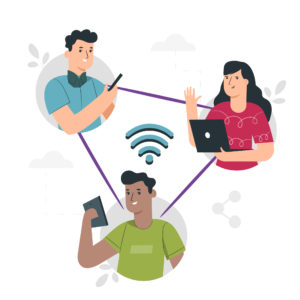
5. Finally, don’t forget to keep connected
In these uncertain and unpredictable times, now more than ever, we need to connect with each other. Not just as suppliers and customers but as a community. While staying safe is the highest priority, staying in business will prove to be difficult for many companies.
As a business owner, my heart goes out to many people who are doing it tough. BAU is out the window, and as part of the business community, we need to bring out our best selves and help other businesses connect to each other and their customers.
This is our opportunity to rethink and reimagine business as we know it. This one in one hundred year event will slow us down, and it will disrupt our day to day normal. But I have every confidence it will make us stronger. By integrating work and life, I dream of a future where businesses place even more value on the connections we have to family, friends and the wider community.
